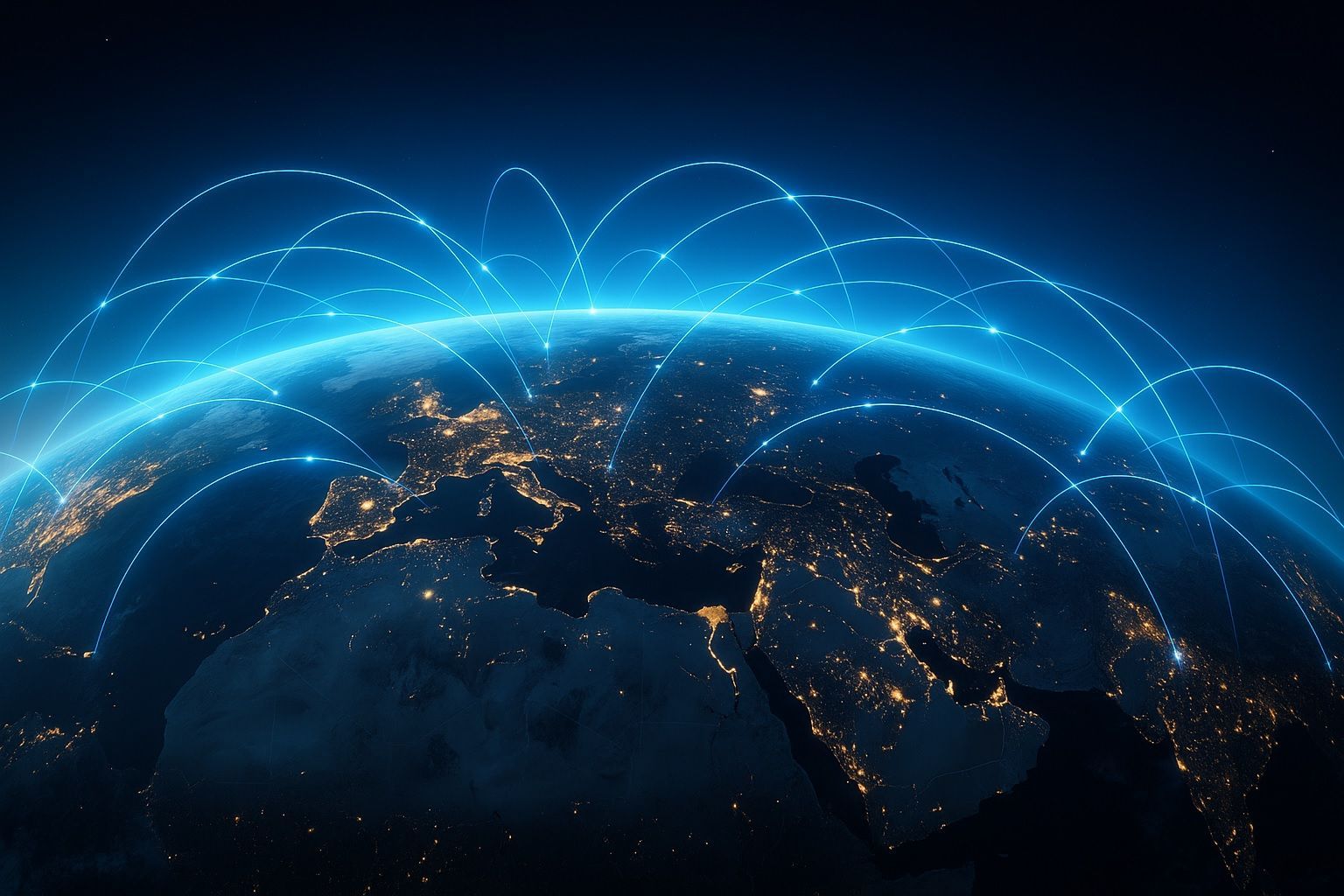
DeepSeek Researcher Warns AI Could Erase Jobs Within a Decade in Rare Public Appearance at China’s World Internet Conference (Nov. 10, 2025)
What happened Speaking on a six-company panel at the World Internet Conference in Wuzhen, Zhejiang, DeepSeek senior researcher Chen Deli sketched a stark timeline: AI is helpful now, but within five to ten years it could be good enough to










